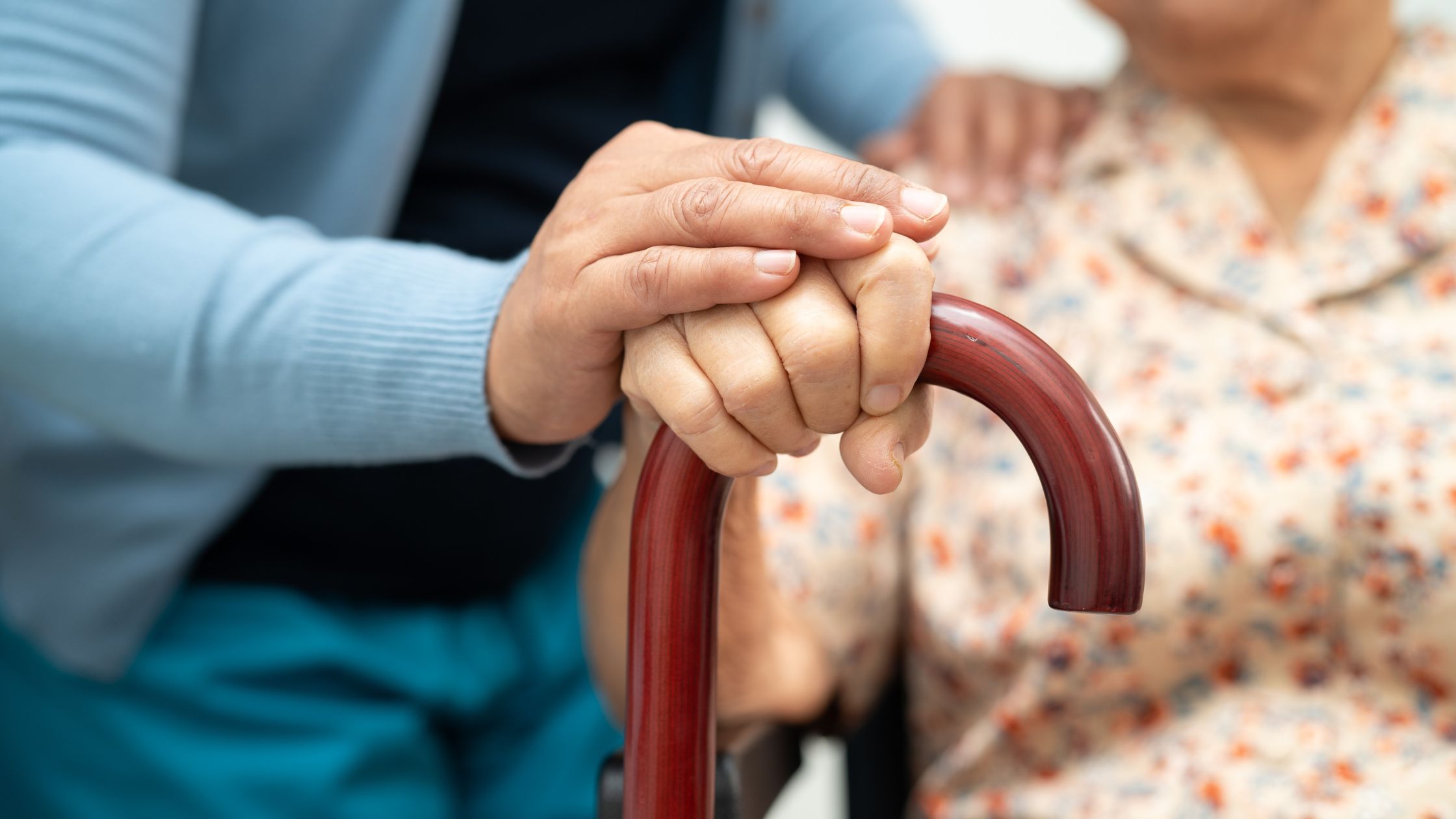Caregiver burnout is a significant and common challenge for those looking after loved ones, especially over extended periods. It occurs when caregivers become physically, emotionally, and mentally exhausted, often leading to feelings of helplessness, resentment, or even detachment. In this blog, we will explore the signs of caregiver burnout, offer strategies to prevent it, and provide information on available resources for support. Emphasizing the importance of self-care and seeking help when needed, we also highlight the role of professional respite care services that can offer much-needed relief.
Statistics
Understanding the prevalence of caregiver burnout helps underscore the importance of addressing this issue. According to Statistics Canada, 56% of caregivers report tiredness because of their caregiving tasks. Additionally, a study by the Canadian Institute for Health Information found that one in three caregivers experience distress, anger, or depression. These statistics highlight the urgent need for better support systems for caregivers, including practical strategies to manage burnout.
Recognizing the Signs of Burnout
Recognizing the early signs of burnout is crucial for addressing it effectively. Common symptoms include:
- Emotional Exhaustion: Feeling overwhelmed, irritable, or depressed.
- Physical Symptoms: Frequent headaches, sleep disturbances, and a weakened immune system.
- Withdrawal: Losing interest in activities you once enjoyed or isolating yourself from others.
- Changes in Appetite: Experiencing significant changes in eating habits, either overeating or undereating.
- Neglecting Personal Care: Overlooking your own needs, such as neglecting medical appointments or personal hygiene.
Identifying these signs early on can prompt caregivers to act before burnout sets in, preserving their health and ability to provide care.
Self-Care Tips for Caregivers
Taking proactive steps towards self-care is essential in preventing burnout. Here are some practical tips:
- Take Time for Yourself: Prioritize breaks throughout your day to recharge. Even short moments of relaxation, such as a quick walk or a few minutes of deep breathing, can make a big difference.
- Space Out Your Tasks: Avoid overwhelming yourself by spacing out caregiving tasks. Create a realistic schedule that allows for rest and prioritizes the most critical activities.
- Focus on Your Health and Well-being: Maintain a balanced diet, get regular exercise, and ensure you are getting enough sleep. Your physical health is directly linked to your ability to manage stress.
- Seek Support: Don’t hesitate to reach out for help. Whether it’s talking to friends or family, joining a support group, or seeking professional counseling, connecting with others can provide emotional relief and practical advice.
How to Seek Help and Support
Reaching out for help is not a sign of weakness; it’s a necessary step in sustaining your role as a caregiver. Explore local resources such as community support groups, online forums, or professional counseling services that specialize in caregiver support. In many communities, there are also organizations that provide educational resources and workshops on managing caregiver stress.
The Role of Respite Care Services
Respite care services can be a lifeline for caregivers, offering temporary relief by taking over caregiving duties for a short period. This break allows caregivers to rest, recharge, and attend to their own needs, reducing the risk of burnout. Consider working with a team or using respite care services through agencies like Equinoxe LifeCare, which provide professional support tailored to your loved one’s needs. These services not only support the caregiver but also ensure continuous quality care for your loved one.
Consider Working with a Team
Sometimes, you simply cannot do it all alone. If you are a family caregiver, having extra help can make the best difference. For those working for another family, setting stricter boundaries between work and personal life is essential. Equinoxe LifeCare can provide additional support, matching families with suitable caregivers and creating a team environment that shares the responsibilities, easing the burden on individual caregivers.
Conclusion
Caregiver burnout is a real and pressing issue, but it doesn’t have to be. By recognizing the signs early, prioritizing self-care, seeking support, and utilizing services like respite care, caregivers can manage their responsibilities without sacrificing their own health and well-being. Remember, it’s okay to ask for help—caring for yourself is just as important as caring for your loved one!
